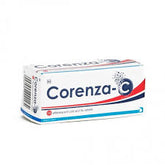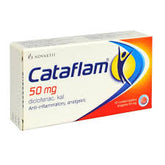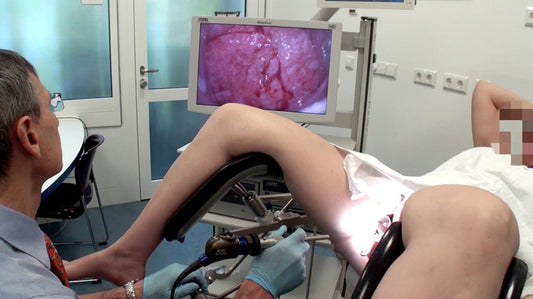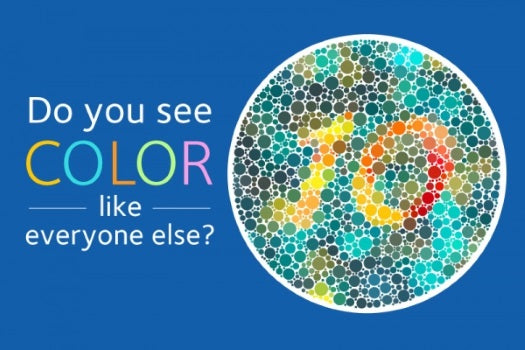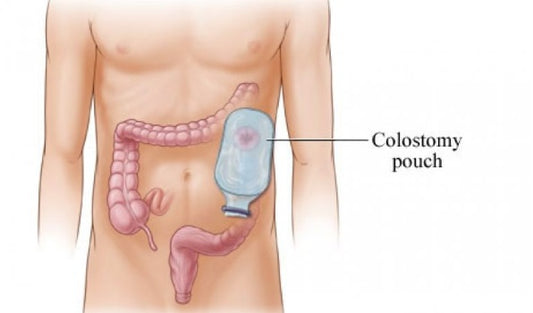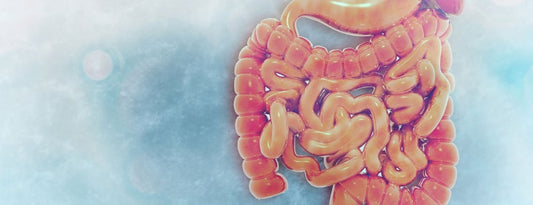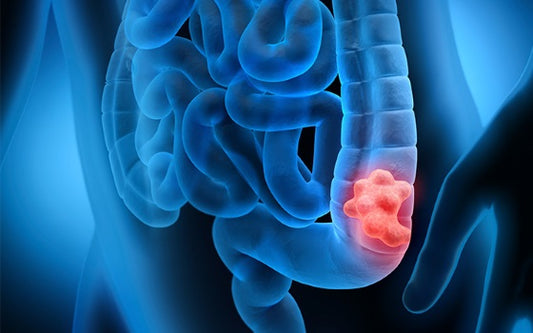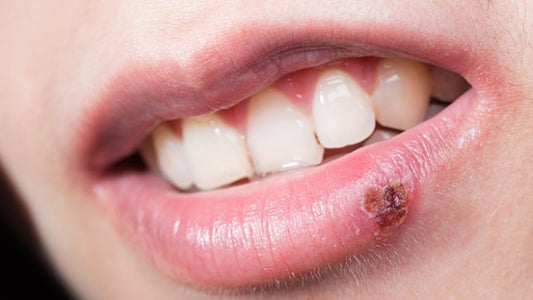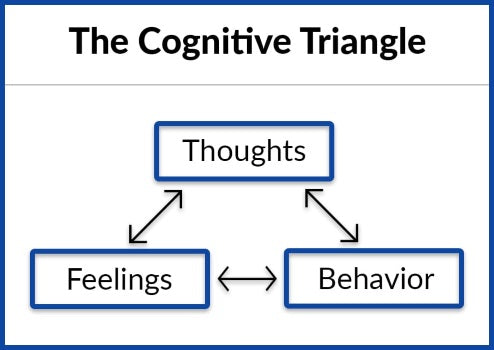featured Colposcopy
On by ZimSeller Pharmacy 0 comments
Colour vision deficiency (colour blindness)
On by ZimSeller Pharmacy 0 comments
Colostomy
On by ZimSeller Pharmacy 0 comments
Colonoscopy
On by ZimSeller Pharmacy 0 comments
Colon cancer
On by ZimSeller Pharmacy 0 comments
Cold sores
On by ZimSeller Pharmacy 0 comments
Cognitive behavioural therapy (CBT)
On by ZimSeller Pharmacy 0 comments




